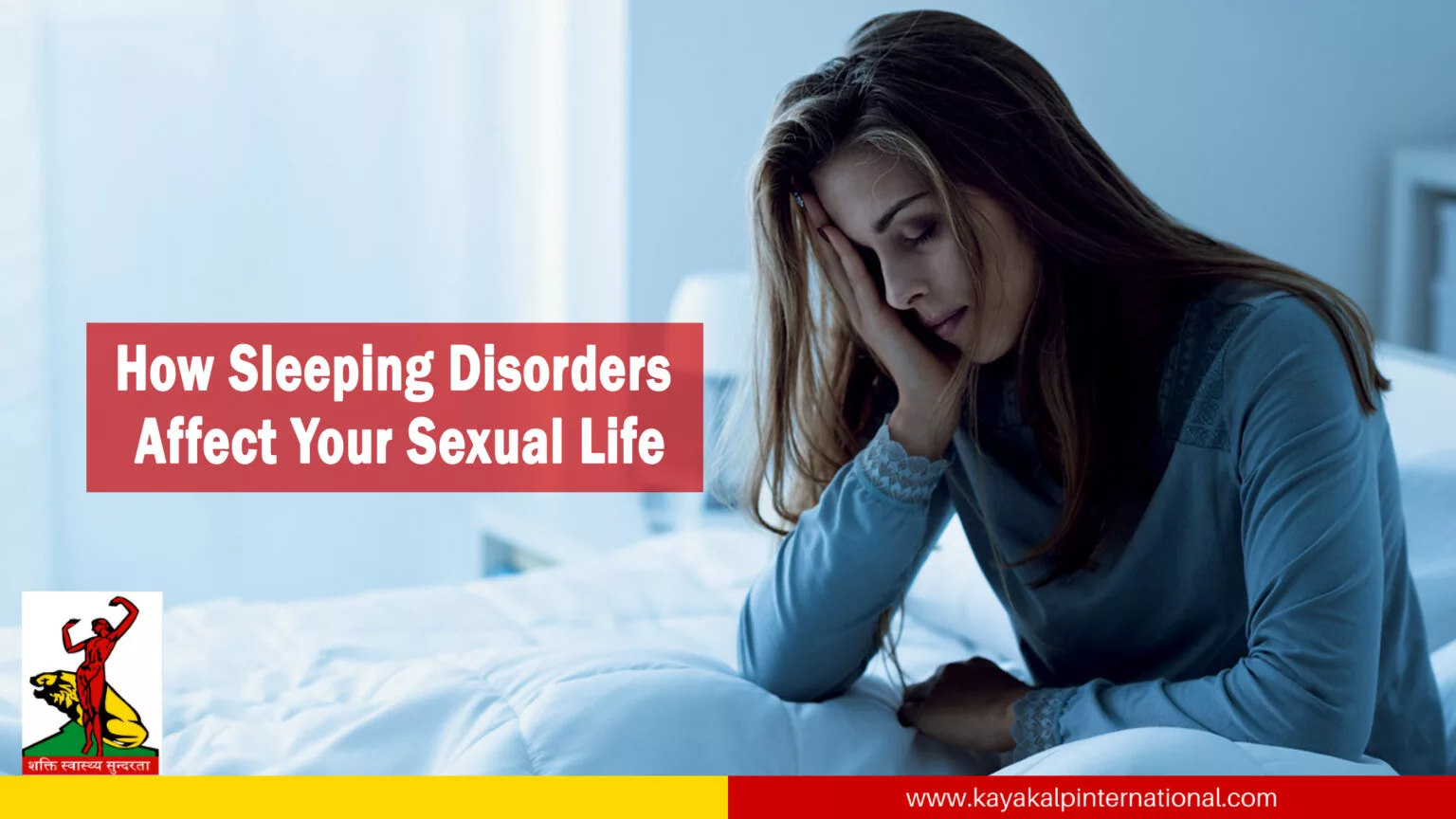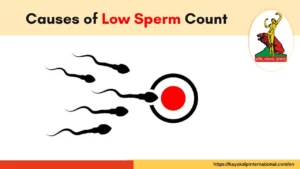How Sex Affects Sleep | Sleeping Disorders Affect Your Sexual Life.
No matter what your age is, both sex and sleep are important components of your physical health and emotional well-being. Having a good relationship with both increases your overall satisfaction with life.
What is often overlooked by couples is the relationship between sex and sleep. What experts are now learning is that quality sleep is important for the development and maintenance of a healthy sex life. Equally, if you improve your sex life, you will likely sleep better.
So in the hustle and bustle of work, social obligations, raising children, housework, and exercise, how do you manage to get the sleep you need to have a positive impact on your sex life? Let’s take a look at how the combination of lack of sleep and your sexual desire work together and what you can do to improve this area of your life.
What is quality sleep? | Does Less Sleep Mean Less Sex?
The fact is we all probably think we could use more sleep. It’s hard to effectively go through daily functions and have energy left for relationships if we are stretching ourselves too thin. To effectively recharge your body, the average adult needs between 7-9 hours of sleep each night.
You also need to think about the quality of sleep you are getting. When you can sleep continuously without interruption your body will cycle through various degrees of sleep. Each cycle lasts about 90 minutes. The more they’re interrupted by noises, needing the bathroom, or someone snoring or tossing and turning, the less quality sleep they’re having.
Sleep cycles are important because it is during these periods that your body and brain can recuperate from your day’s activities. If you tend to wake frequently due to sleep apnea or insomnia, you may not receive enough deep sleep and REM sleep, resulting in you feeling fatigued during the day.
Lack of sleep and sex drive
In women, lack of sleep is one of the causes of a reduction in sexual desire and arousal. One of the most common sleep disorders is insomnia, which may be a leading risk factor for sexual dysfunction. For men, this can lead to a higher risk of erectile dysfunction.
Obstructive sleep apnea and sex drive impact include men having a higher level of erectile dysfunction. Those who work non-standard shifts experience a higher incidence of poor sleep, resulting in erectile dysfunction due to the person’s circadian rhythm being out of sync.
When you lack quality sleep regularly, it will affect your overall mental health. Lack of sleep also increases anxiety and depression. This is often found in men and women with sexual dysfunction.
What is sexsomnia?
Characterized as parasomnia, sexsomnia is a complex sleep disorder involving sexual behaviors during sleep, particularly during non-rapid eye movement (NREM) sleep. Parasomnias occur in between sleep stages, where you act out awake-like behaviors even when you are still asleep. With parasomnias, your brain is caught in between sleep phases. With sleep sex, the individual is not typically aware they are engaging in sexual activity during sleep. After the event, the person displaying sleep sex behaviors will experience amnesia and fall back asleep with no recollection of the event even occurring.
What Are the Signs and Symptoms of Sexsomnia?
Sexsomnia also referred to as sexual behavior in sleep (SBS), presents differently from person to person. However, there are a variety of common behavior individuals display during a sleep-sex event. These common behaviors and signs of sexsomnia include:
- Talking dirty
- Moaning
- Masturbating
- Pelvic thrusting
- Sexually fondling a bed partner
- Having an orgasm
- Participating in foreplay with a bed partner
- Engaging in sexual intercourse
- Having vacant, glassy eyes during these behaviors
- Sleep-related violence (SRV)
Sleep Apnea and Sex: Facts You Should Know
Improving your sex life after it has been on the back burner for some time may require a bit more time and assistance. You may be wondering how much sex is normal. The truth is, there is no “normal.” What is satisfying to one couple can be way too much for another couple, and nowhere near enough for a third couple.
The important thing is to obtain a level of sexual activity that is comfortable for you and your partner. Whatever is right for the two of you to feel happy and satisfied is what is “normal” for your relationship. That number may increase, decrease, and increase again as you go through changes in your life.
You may experience a decrease during the period in which you have small, time-demanding children. After they grow and move out you become a couple again and may find yourselves more sexually active than you were when younger. As you become a senior citizen you may again decrease the amount of sex you have.
In addition, if you lack sleep you have a higher tendency to experience conflicts with your partner. Conflicts between couples increase stress and reduce intimacy. This even increases other issues between a couple that may include trust issues, lack of self-esteem, along with a worse scenario of having an extra-marital relationship, etc.
Sex and sleep benefits | How Poor Sleep Affects Your Sex Drive
If you have tried soothing music, a white noise machine, wearing a sleep mask, and using black-out window coverings all to no avail, you are not alone. Now it is time to give sex a try.
If you have a medical problem, such as sleep apnea or some other Sleeping Disorders, seeking assistance from a medical professional can improve your quality of sleep. With better sleep, your sex life may improve, such as reducing your erectile dysfunction.
Sleep hygiene is another area that deals with your environment and before-bed habits that influence your ability to sleep. This includes:
- Bedroom at a comfortable temperature for sleeping with dim lighting and a pleasant smell
- A mattress that is supportive and optimal for sexual activity
- Maintain a consistent schedule for going to bed and arising in the morning
- Do not partake in caffeine, alcohol, tobacco, or heavy meals that may interfere with sleep
- Do not take long naps in the afternoon or evening
- Make the bedroom technology-free—no tablets, phones, or laptops at least 30 minutes before bed
- Participate in physical activity every day
- Incorporate relaxation techniques into your before-bed routine, like yoga, stretching, or a bath
- By incorporating the above into your daily routine you will improve your sleep quality, leaving you more energized and interested in sexual activity.
Sleeping Disorders Affect Your Sexual Life
Just like sleep impacts your ability to enjoy the benefits of sex, sex impacts other areas of your health. According to the American Academy of Family Physicians frequent sex causes an increase in the antibodies circulating in your bloodstream. These antibodies help your body fight off infection, so you are more likely to stay healthy. Sex is also a natural pain reliever. The endorphins your body releases during sex are pain-relieving hormones. By having sex before dozing off, you may sleep better because you will not have the same level of pain that normally keeps you awake at night.
Sex is also good for your heart. In the same way, other exercise helps, sex raises your heart rate and strengthens the heart muscle. The stress hormone, cortisol, lowers during sex, protecting the heart from the stress that can lead to heart disease.
As sleep is an important aspect of a healthy mind and body; if you face any above-mentioned signs- symptoms of sexsomnia or lack of sleep affecting your sex life; sex therapy and counselling along with appropriate medication can solve problems permanently.
Call on 9004393978 or fill in the below form to book an appointment with our specialists.




